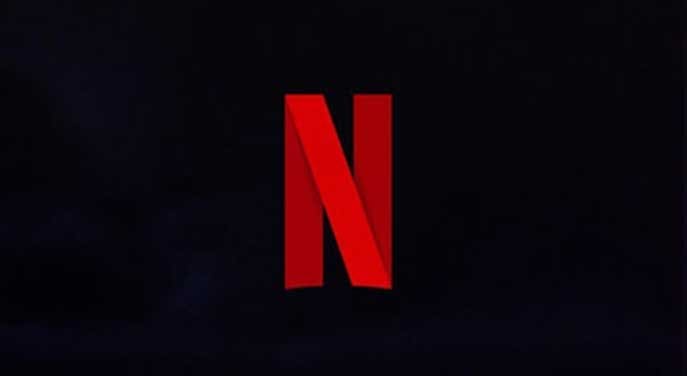 The phrase “video killed the radio star” is often used as a metaphor for the domination of video over audio. It’s also a song by British new-wave band and one-hit wonder, The Buggles, and was the first selection played by MTV 40 years ago, on Aug. 1, 1981, sparking the music video revolution.
The phrase “video killed the radio star” is often used as a metaphor for the domination of video over audio. It’s also a song by British new-wave band and one-hit wonder, The Buggles, and was the first selection played by MTV 40 years ago, on Aug. 1, 1981, sparking the music video revolution.
It was a sign of things to come.
Did the nail get further spiked into the coffin in 1997 when Netflix started spinning out DVD rentals by mail? Or when YouTube arrived in 2005, followed two years later by Netflix rolling out streaming subscriptions over the Internet?
Video continues to gobble up bandwidth, with help from the likes of Instagram and TikTok.
But podcast titles have also doubled since April 2020, when Apple announced the one-millionth entry in its podcast directory.
I’m not suggesting the tide has turned. But audio is certainly a less intrusive medium – you can indulge while walking, driving or working. And now we have audio streaming services like Spotify, audio chatrooms like Clubhouse and major players like Facebook quickly doubling down on new audio offerings.
Audio and video now seem to exist in peace and harmony.
 Streaming services have already turned audio podcasts into videos. Streaming leader Netflix, for example, has taken the podcast Dirty John – based on a true story – and turned it into a video series. And Sound Exploder, a podcast about how music gets made, has become a docuseries showing how musicians dig deep into the creative process of songwriting and reveal their intimate thoughts.
Streaming services have already turned audio podcasts into videos. Streaming leader Netflix, for example, has taken the podcast Dirty John – based on a true story – and turned it into a video series. And Sound Exploder, a podcast about how music gets made, has become a docuseries showing how musicians dig deep into the creative process of songwriting and reveal their intimate thoughts.
Netflix has created over a dozen podcasts designed to explore its original programming. Shows range from official podcasts for a series like The Crown to titles like Behind the Scenes of The Irishman.
Other podcasts involve stories about real people. Because I Watched tells stories from real people and how shows have impacted them.
And Netflix employees bring themselves into view with WeAreNetflix.
Netflix has also created podcasts supporting important social and cultural topics, giving a long-overdue voice to many.
The Strong Black Lead podcast features interviews by Tracy Clayton, writer and co-host of BuzzFeed’s Another Round podcast. The company says the podcast was created to hear from foundational people in black pop culture, amplifying their work with the goal of creating relatable content that contributes to the culture. In one episode, Clayton chats with Jason Weaver, who shares how he was selected by Elton John to sing in the original Lion King.
The Prism is LGBTQ+ focused, created by six independent queer podcast and radio producers in partnership with Netflix, told from six American cities.
These podcasts are certainly worth checking out and you don’t need a Netflix subscription to do so – although you’ll get better mileage from the shows if you do. They’re available through content distributors like Apple, Google and Spotify.
If that isn’t enough to convince you Netflix is serious about the future of podcasts, Bloomberg reported recently that the company had hired N’Jeri Eaton, the former head of content for Apple podcasts, to now lead its podcasting operations.
Podcasts aren’t just another outlet for content – they represent a wild west for marketing and other sources of revenue.
Greg Gazin, also known as the Gadget Guy and Gadget Greg, is a syndicated veteran tech columnist, communication, leadership and technology speaker, facilitator, blogger, podcaster and author. Reach him @gadgetgreg or at GadgetGuy.ca. For interview requests, click here.
The views, opinions and positions expressed by columnists and contributors are the authors’ alone. They do not inherently or expressly reflect the views, opinions and/or positions of our publication.
© Troy Media
Troy Media is an editorial content provider to media outlets and its own hosted community news outlets across Canada.


